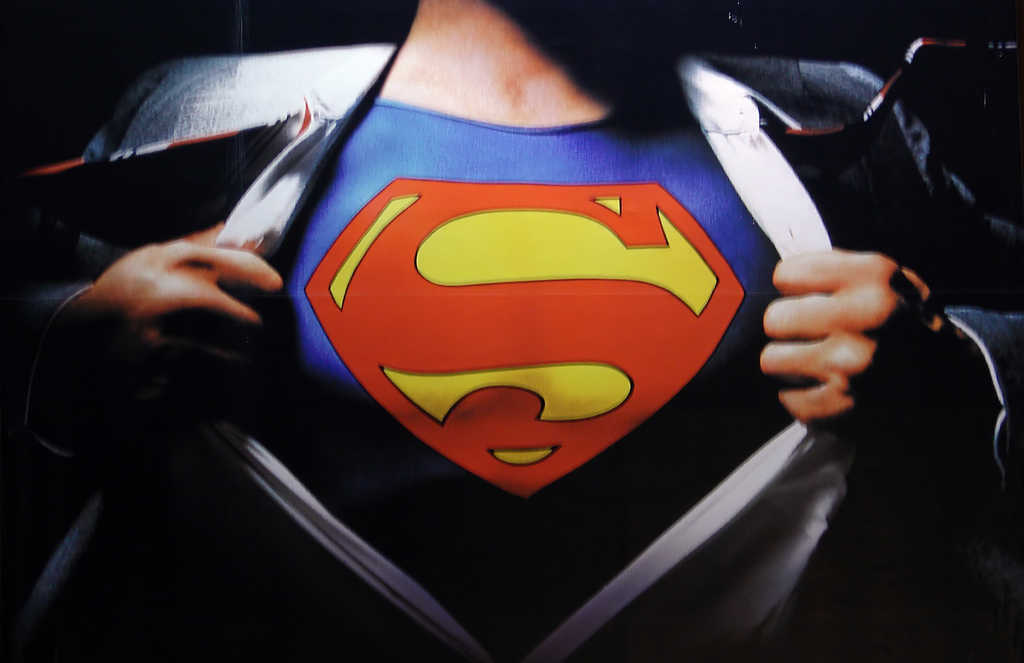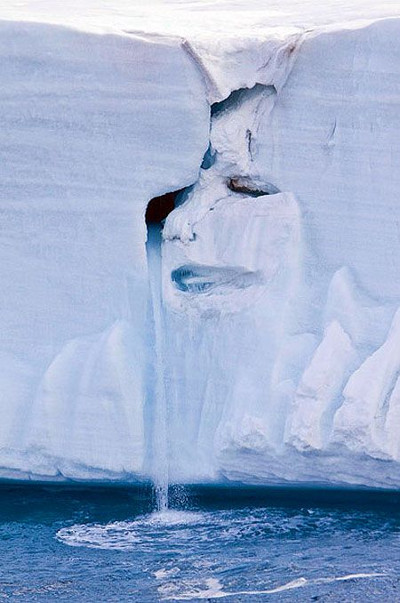
In talking about superheroes, these sentences seem natural and right:
(la) Clark Kent went into the phone booth and Superman came out.
(2a) Superman leapt over tall buildings.
(3a) Superman is more successful with women than Clark Kent.
(4a) Batman wears a mask.
But these seem inappropriate or wrong:
(lb) Clark Kent went into the phone booth and Clark Kent came out.
(2b) Clark Kent leapt over tall buildings.
(3b) Clark Kent is more successful with women than Clark Kent.
(4b) Bruce Wayne wears a mask.
Why is this? If we know that Superman is Clark Kent, then those terms should be interchangeable — a statement about Superman is a statement about Clark Kent; they’re the same person.
“At least in some conversational scenarios, utterances of (la)-(4a) strike us as true, and utterances of (lb) (4b) appear to be false,” writes University of Nottingham philosopher Stefano Predelli. “(3a), for instance, seems just the right thing to say when discussing women’s fascination with men in blue leotard; utterances of (3b), on the other hand, seem trivially false. Similarly, during a discussion of why the famed superhero never engages in extraordinary feats when playing the part of the timid journalist, utterances of (2a) seem unobjectionable, but utterances of (2b) will not do.” Why?
(Stefano Predelli, “Superheroes and Their Names,” American Philosophical Quarterly 41:2 [April 2004], 107-123.)






